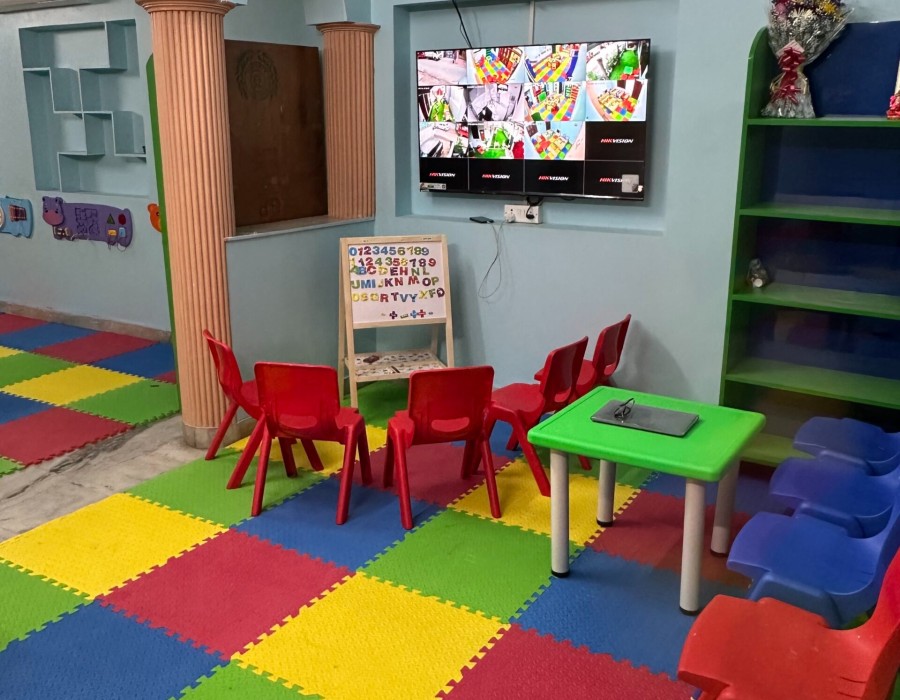Parenting a child with autism comes with unique challenges and beautiful rewards. One of the most important decisions you’ll make as a parent is choosing the right school for your child. A supportive and well-structured learning environment can nurture their strengths, address developmental needs, and help them thrive academically, socially, and emotionally. If you have ever wondered, “How can I find the best autism school near me?”, this complete guide will walk you through everything you need to know.
Why Choosing the Right Autism School Matters
Children with autism often need tailored teaching methods, structured environments, and professional support to maximize their potential. The right school doesn’t just focus on academics—it emphasizes communication, behavior management, life skills, and social interaction. A strong foundation in these areas can make a huge difference in your child’s long-term growth and independence.
Step 1: Identify Your Child’s Needs
Before you start your search, take time to reflect on your child’s unique strengths and challenges. Does your child need speech therapy, occupational therapy, or applied behavior analysis (ABA)? Is social integration a priority, or do you prefer a specialized, smaller environment? Understanding these needs will help you match your child with the right school environment.
Step 2: Research Local Autism Schools
When you begin your search, use online resources, parent networks, and local organizations to make a list of schools specializing in autism education. For example, if you are based in Rajasthan, you may explore options like an autism school in Jaipur that provides comprehensive programs tailored to children with different levels of autism spectrum disorder (ASD).
Don’t just rely on websites—talk to other parents, read reviews, and, if possible, visit community groups for authentic feedback.
Step 3: Evaluate the Curriculum and Teaching Approach
Every autism school has its own philosophy. Some may follow an inclusive model where children learn alongside neurotypical peers, while others may offer a highly specialized curriculum with individual attention.
When assessing a school, consider:
- Does it use evidence-based methods like ABA, TEACCH, or sensory integration therapy?
- Is the curriculum flexible to accommodate different learning paces?
- Are life skills and communication part of the program?
An effective autism school will balance academic learning with therapies that address emotional, behavioral, and social development.
Step 4: Check the Staff Qualifications
Teachers and therapists play the most crucial role in your child’s progress. When visiting a school, ask about the staff-to-student ratio, their qualifications, and their experience in handling children with autism. The best autism schools employ special educators, speech-language pathologists, occupational therapists, and behavior analysts to provide holistic support.
Step 5: Visit the Campus and Observe
A school’s environment directly impacts how comfortable and engaged your child will feel. During your visit:
- Observe classrooms to see if they are structured, calm, and sensory-friendly.
- Check if teaching aids and visual supports are being used.
- Watch how staff interact with children—patience, empathy, and consistency are key indicators of quality.
If possible, bring your child along during the visit to see how they respond to the environment.
Step 6: Ask About Parent Involvement
A good autism school doesn’t just focus on children—it also involves parents in the process. Parent training, counseling, and regular progress updates ensure that learning continues at home. Ask the school how they encourage collaboration with families, as consistency between home and school environments is critical for success.
Step 7: Consider Accessibility and Location
While you want the best education for your child, convenience is equally important. Long commutes may add unnecessary stress for both you and your child. Search with the phrase “autism school near me” to narrow down options that are accessible and practical. If you live in Rajasthan, an autism school in Jaipur can be a strong choice as the city offers reputable centers equipped with therapies, special education, and inclusive programs.
Step 8: Compare Costs and Facilities
Autism education often involves specialized resources, which may come at a higher cost. Compare tuition fees, therapy charges, and additional expenses across different schools. Some institutions may also offer financial aid or government-supported programs. Ensure that the facilities—such as therapy rooms, sensory spaces, and safety measures—justify the costs.
Step 9: Look for Evidence of Progress
Before finalizing your choice, ask schools for case studies, success stories, or parent testimonials. A reliable autism school will proudly share evidence of student progress in communication, social behavior, or academic milestones.
Conclusion
Finding the best autism school near you may feel overwhelming at first, but with the right approach, you can make an informed decision that benefits your child’s growth and future. Start by understanding your child’s unique needs, researching local options, and evaluating each school based on curriculum, staff expertise, facilities, and parent involvement.
If you are based in Rajasthan, choosing an autism school in Jaipur can provide your child with access to quality education, therapies, and supportive programs. Remember, the right school is not just about academics—it is about creating a nurturing space where your child can feel accepted, supported, and empowered to shine.





Comments